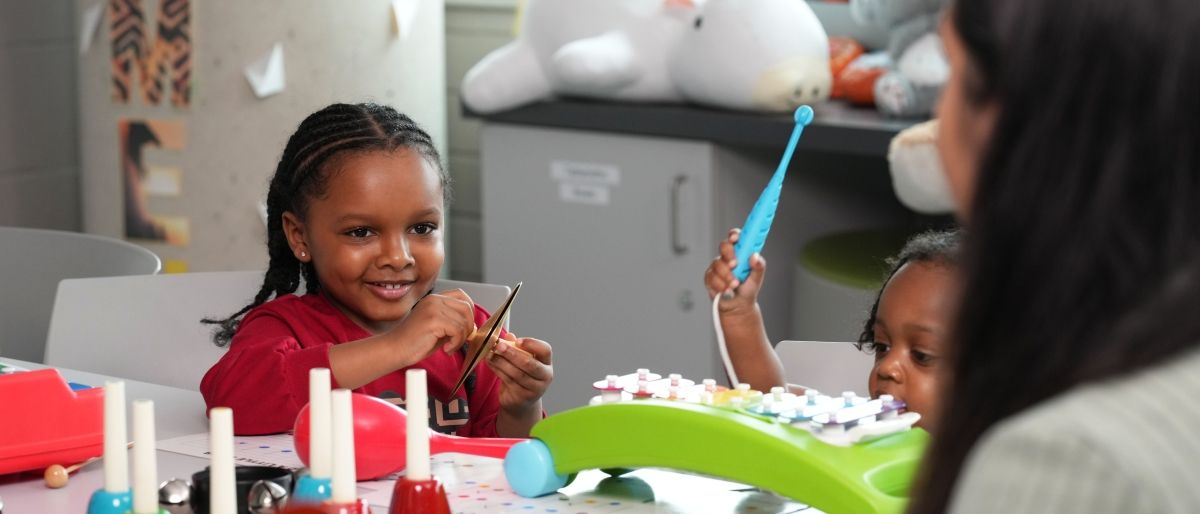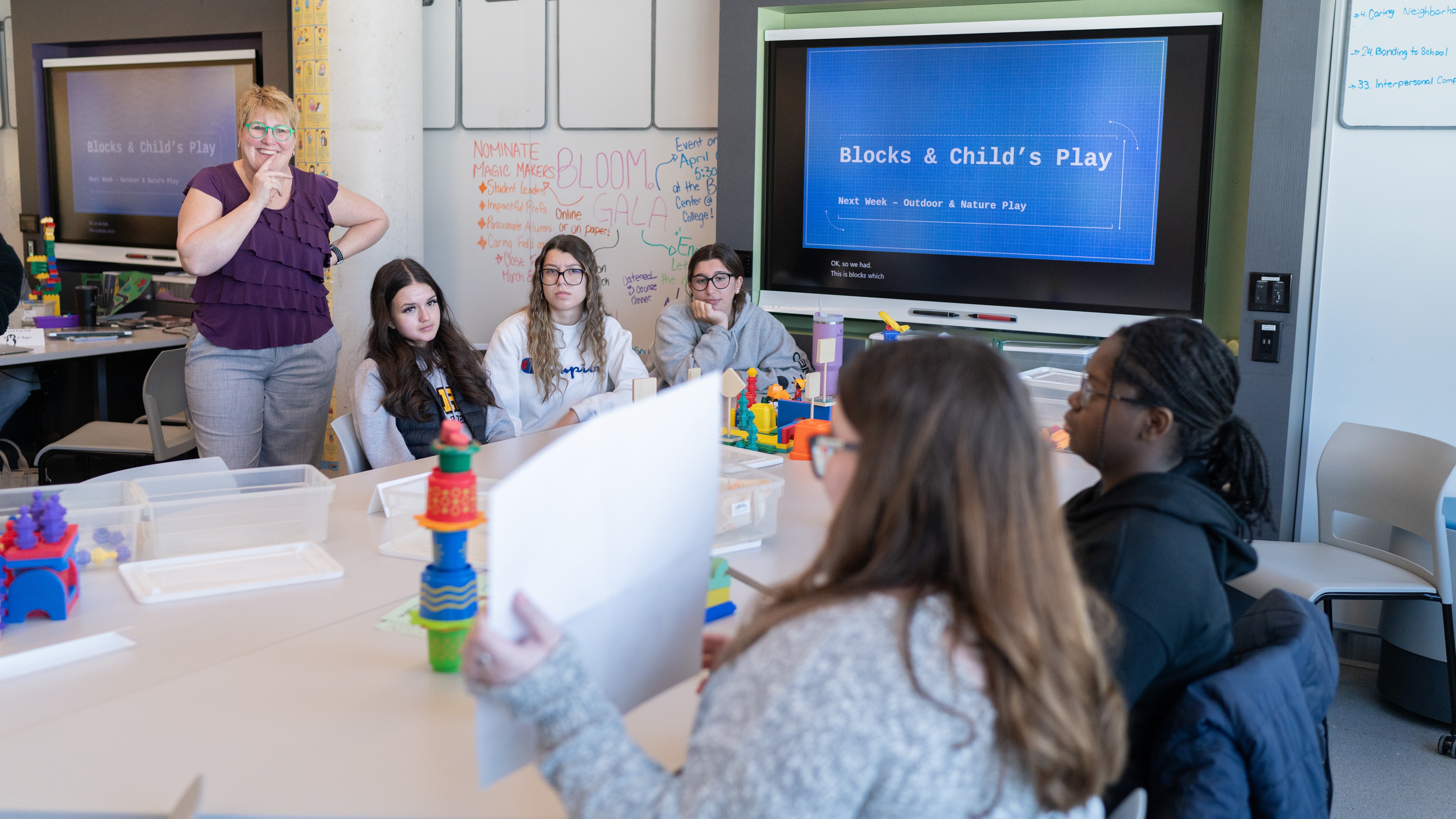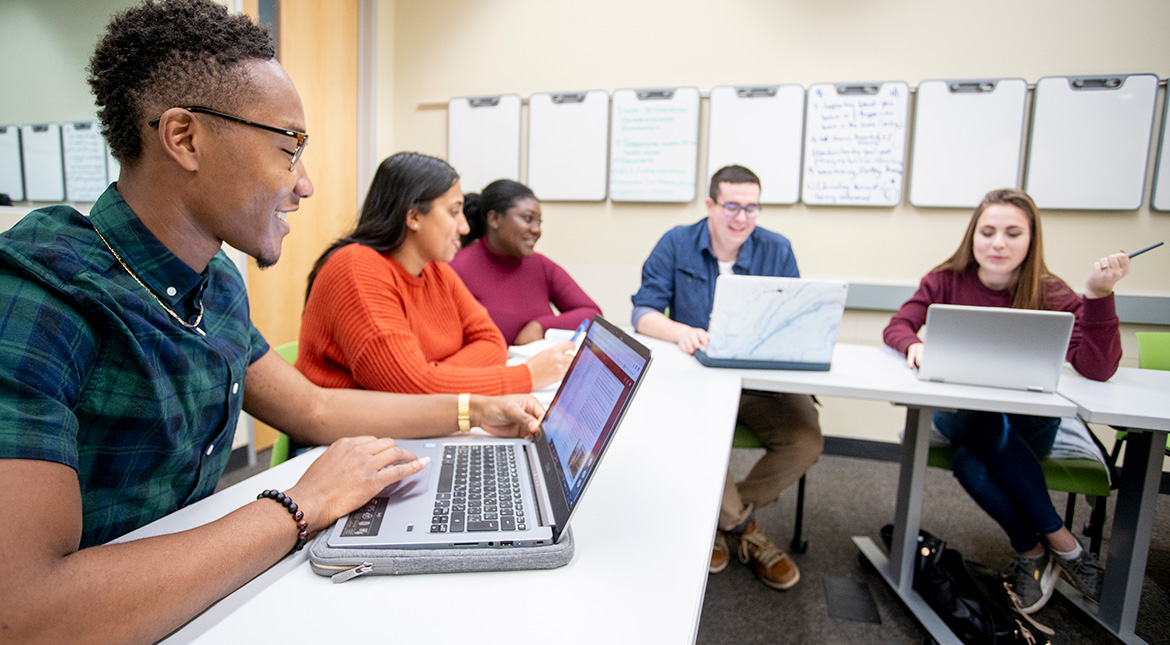
Early Childhood Studies
Explore the Program
Early childhood is the critical beginning of life's great potential. So, devoting your energy to the early development of the whole child means your impactful work will resonate for decades to come.
Create connection and love that support the child, strengthen the family, build the community and define a nation. Go be the start of something big.
Earn 2 credentials:
- Honours Bachelor of Applied Science in Early Childhood Studies from the University of Guelph
- Diploma in Early Childhood Education from Humber Polytechnic
Choose your applicant type to get program information tailored for you!



